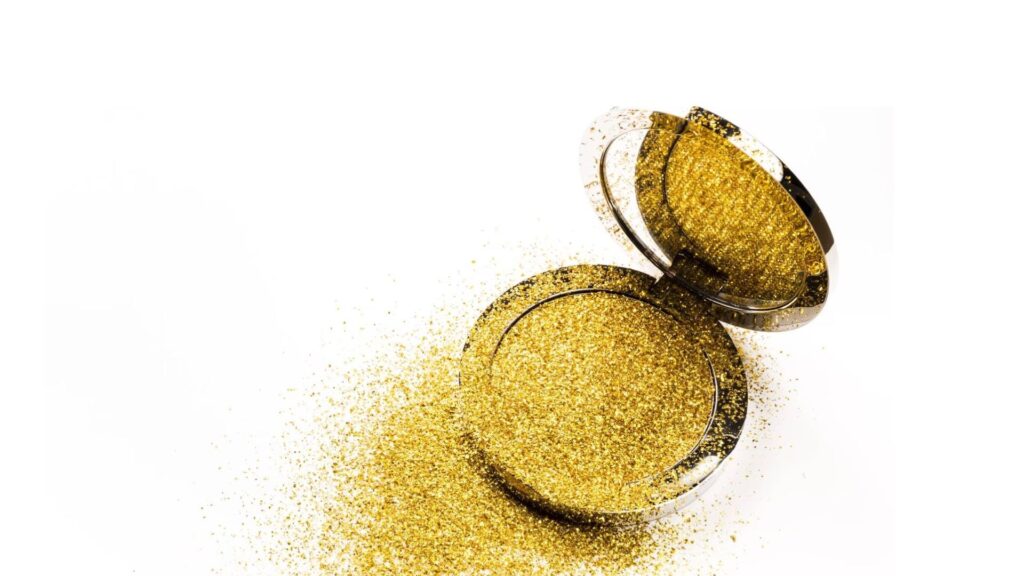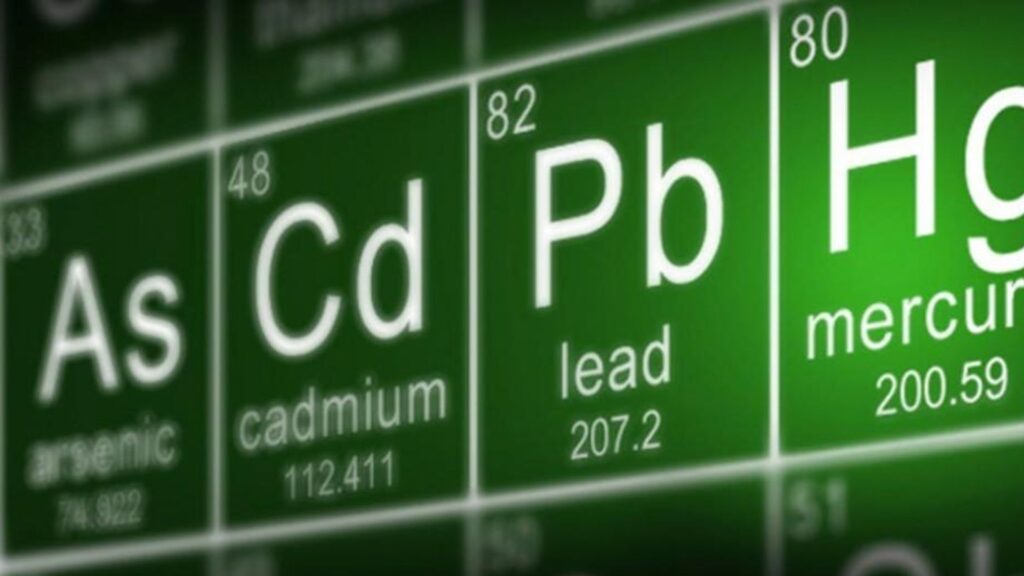
Ayurvedic formulations have been used for centuries in traditional Indian medicine for various illnesses and health purposes. We believe that these medicines must be safer than their allopathic counterparts as these are mostly derived from natural sources. Most of these formulations are derived from herbs, minerals, metals, and non-metals.
For the last few years, there have been concerns about the presence of higher levels of heavy metals in some Ayurvedic medicines. Heavy metals such as lead, mercury, arsenic, and cadmium can be toxic to human health, even in small quantities, and their presence in medicinal products can pose serious health risks, especially when consumed over a long period. Several studies have raised awareness about the potential contamination of Ayurvedic formulations with heavy metals.
The contaminants can enter the formulations through various means such as contaminated soil, water, or through the manufacturing process itself. Some Ayurvedic ingredients inherently contain trace amounts of heavy metals due to their natural environment or geological origin. Herbs, minerals, and metals used in Ayurvedic formulations may become contaminated during cultivation, harvesting, or processing due to exposure to polluted soil, water, or air. Cross-contamination during processing or improper storage practices can lead to the unintentional addition of heavy metals to Ayurvedic products.
Additionally, some traditional practices involve the intentional addition of metals like mercury or arsenic in small quantities, believing that they can enhance the medicinal properties of the formulation. Several metallic preparations called Bhasma have been in clinical use in Ayurveda for a long time. It involves heating metals or minerals at a high temperature for melting to reduce it into ash and then it is quenched in suitable media like herbal juices or decoction for specified times. The Bhasma (incinerated metals) is obtained by repeating these methods several times for purification. It is believed that in this process the toxic effects of the metals are not only nullified but are transformed into biologically available and potent form.
However, if the process of preparation and purification of Bhasma is not followed properly, the final product may carry some heavy metals which can further contaminate the ayurvedic medicines prepared from them. In today’s times, many companies may be cutting down the extensive procedures prescribed in texts to reduce production time and increase margins.
Some ingredients commonly associated with heavy metal contamination in Ayurvedic medicines include:

- Lead: Lead contamination has been found in Ayurvedic medicines containing ingredients such as Swarna Bhasma (gold ash), Naga Bhasma (lead ash), and Guggul.
- Mercury: Mercury is often used in Ayurvedic medicines in its purified form, such as in Rasasindura and Kajjali. However, improper processing or dosage can lead to toxicity.
- Arsenic: Arsenic contamination has been reported in certain Ayurvedic medicines containing ingredients like Mandoora Bhasma (iron ash) and Tamra Bhasma (copper ash).
- Cadmium: Cadmium contamination may occur in Ayurvedic medicines containing ingredients like Loha Bhasma (iron ash) and Tamra Bhasma.
The presence of heavy metals in Ayurvedic formulations is a matter of concern due to the potential health risks associated with their consumption. Heavy metals such as lead, mercury, arsenic, cadmium, and others can accumulate in the body over time, leading to various health problems, including:

Neurological Effects: Heavy metal poisoning can cause neurological symptoms such as headaches, fatigue, memory loss, learning/behavior problems, confusion, and in severe cases, seizures and coma.
Cardiovascular Effects: Some heavy metals like lead and cadmium have been linked to cardiovascular diseases such as hypertension and atherosclerosis.
Renal Damage: Heavy metals can accumulate in the kidneys and cause damage, leading to renal dysfunction and failure.
Gastrointestinal Issues: Ingestion of heavy metals can lead to gastrointestinal problems such as nausea, vomiting, diarrhea, and abdominal pain.
Liver Damage: Heavy metals can also accumulate in the liver, causing hepatotoxicity and impairing liver function.
Developmental and Reproductive Effects: Exposure to heavy metals during pregnancy can lead to developmental abnormalities in the fetus. Additionally, heavy metals can interfere with reproductive health in both men and women. Heavy metals are most harmful to young children because their bodies and brains are still growing and developing.
Cancer Risk: Some heavy metals, such as arsenic and cadmium, are known carcinogens and can increase the risk of various types of cancer.
Low doses of heavy metals may not cause any visible signs or symptoms but may be harming the body. There have been many instances of people taking ayurvedic medicines for diabetes getting severe anemia and neurological and gastroenterological issues as side effects. Many ayurvedic doctors make their own formulations and give you small unlabeled packets of medicines. In such cases, patients are not even aware of what they are consuming in those medicines.
To mitigate the risk of heavy metal contamination in Ayurvedic medicines it’s important to ensure the quality of raw materials by sourcing from uncontaminated areas and using proper cultivation and harvesting techniques. Implementing strict quality control measures during processing, including testing for heavy metal contamination at various stages can also help. In some cases, a substitution strategy can also work by Identifying alternative ingredients that provide similar therapeutic benefits but have lower risks of heavy metal contamination.
Standardization and Certification in ayurvedic medicines is also extremely important like in the case of allopathic medicines. Regulatory authorities have established guidelines and standards for permissible limits of heavy metals in herbal products. It’s essential for manufacturers to adhere to these standards and ensure the safety and quality of their products through rigorous testing and quality control measures.
It is important to promote the use of standardized herbal extracts and certified products that meet safety standards in Ayurveda and declare the components in medicines. It is also essential to source ingredients from reputable suppliers, adhere to proper processing techniques, conduct thorough quality control measures, and ensure compliance with regulatory standards. Manufacturers must get their medicines tested for heavy metals periodically to be sure of the processes followed. Additionally, consumers should exercise caution and seek guidance from qualified practitioners when using Ayurvedic remedies and buy medicines from reputable sources only.